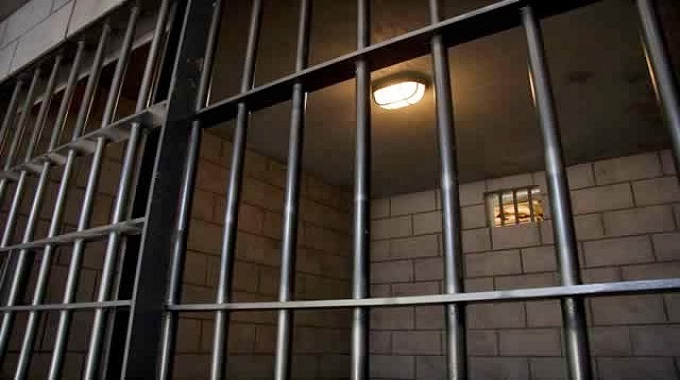Iceland elects Europe’s first female-majority parliament

Iceland yesterday became the first country in Europe to have more women than men in parliament, a day after a general election that left the future of the left-right coalition in doubt despite winning a clear majority.
Of the 63 seats in the Althing parliament, 33 were won by women, or 52 percent, projections based on the final results showed yesterday.
No other European country has had more than 50 percent women lawmakers, with Sweden coming closest at 47 percent, according to data compiled by the World Bank.
Five other countries in the world currently have parliaments where women hold at least half the seats, according to the Inter-Parliamentary Union: Rwanda (61 percent), Cuba (53 percent), Nicaragua (51 percent) and Mexico and the United Arab Emirates (50 percent).
Unlike some other countries, Iceland does not have legal quotas on female representation in parliament, though some parties do require a minimum number of candidates be women.
The Nordic country has long been a pioneer in gender equality and women’s rights, and has topped the World Economic Forum’s ranking of most egalitarian countries for the past 12 years.
Iceland was the first country to elect a woman as president in 1980.
“I am 85, I’ve waited all my life for women to be in a majority… I am really happy,” Erdna, a Reykjavik resident, told AFP.
While Prime Minister Katrin Jakobsdottir’s left-right coalition won a majority in Saturday’s vote, it remained to be seen whether the three parties would continue to govern together.
The coalition has brought Iceland four years of stability after a decade of political crises, but Jakobsdottir’s Left-Green Movement emerged weakened after losing ground to its right-wing partners, which both posted strong showings.
The Left-Green Movement, the conservative Independence Party and the centre-right Progressive Party together won 37 of 63 seats in parliament, up from the 33 they held before the vote.
But the Left-Green Movement itself won only eight seats, three fewer than in 2017, raising questions about Jakobsdottir’s future as prime minister.
The largest party remained the Independence Party, whose leader Bjarni Benediktsson — the current finance minister and a former prime minister — is eyeing Jakobsdottir’s job.-France24.











Comments